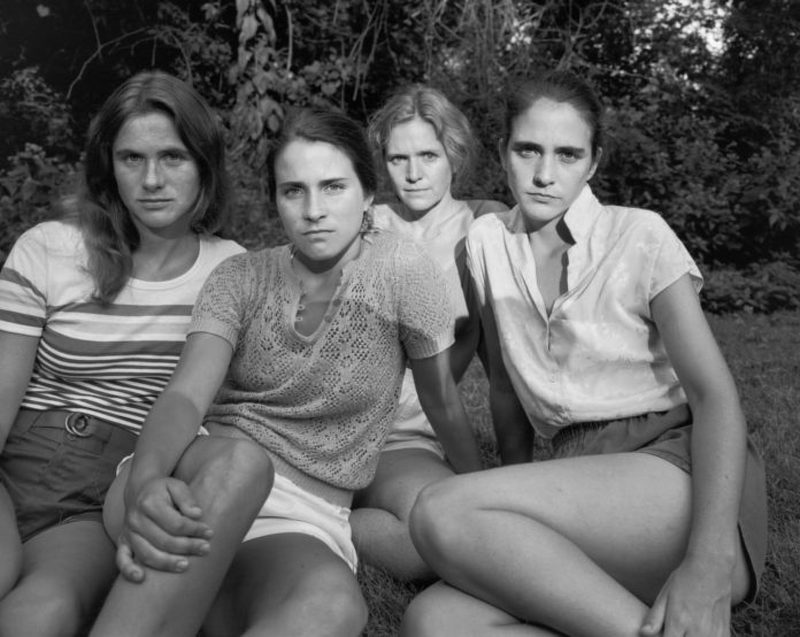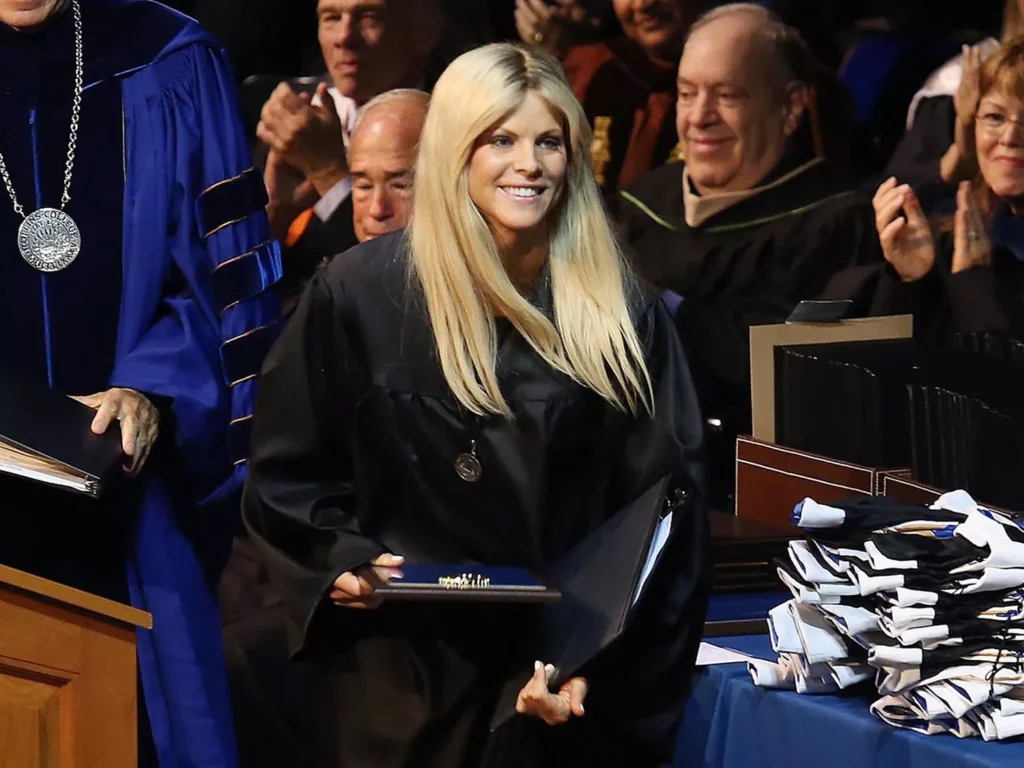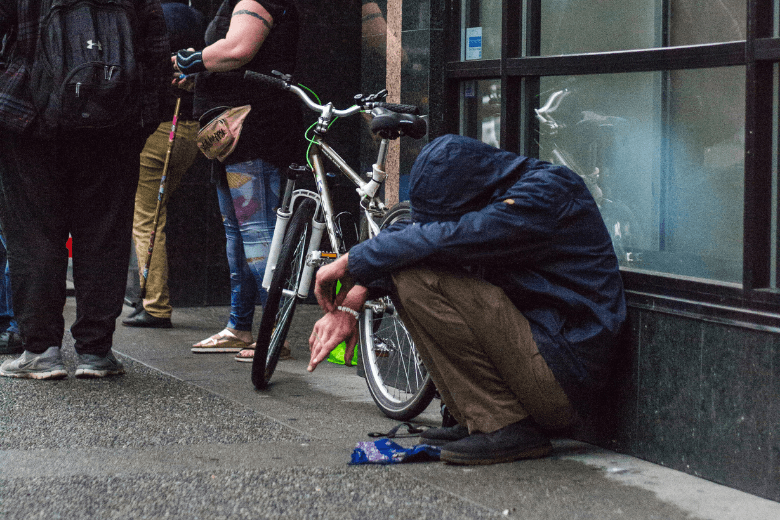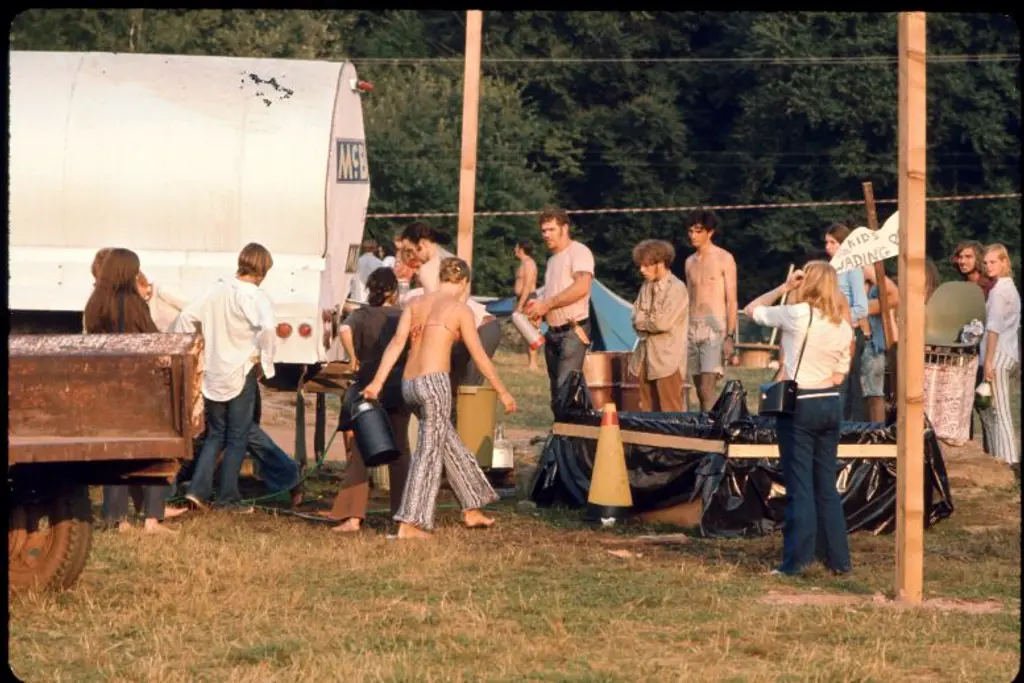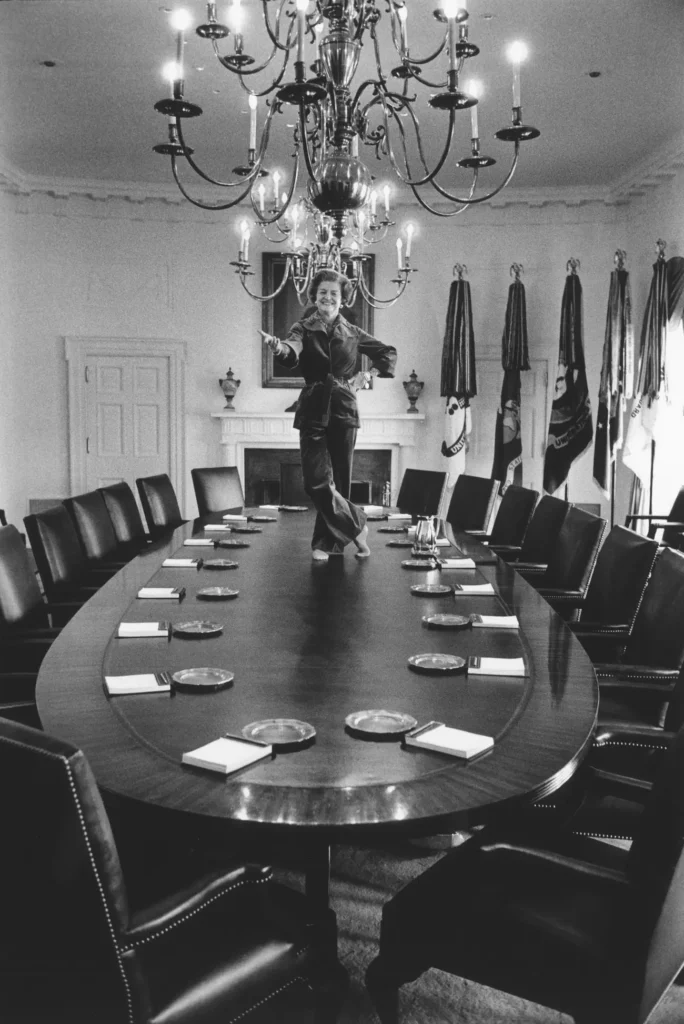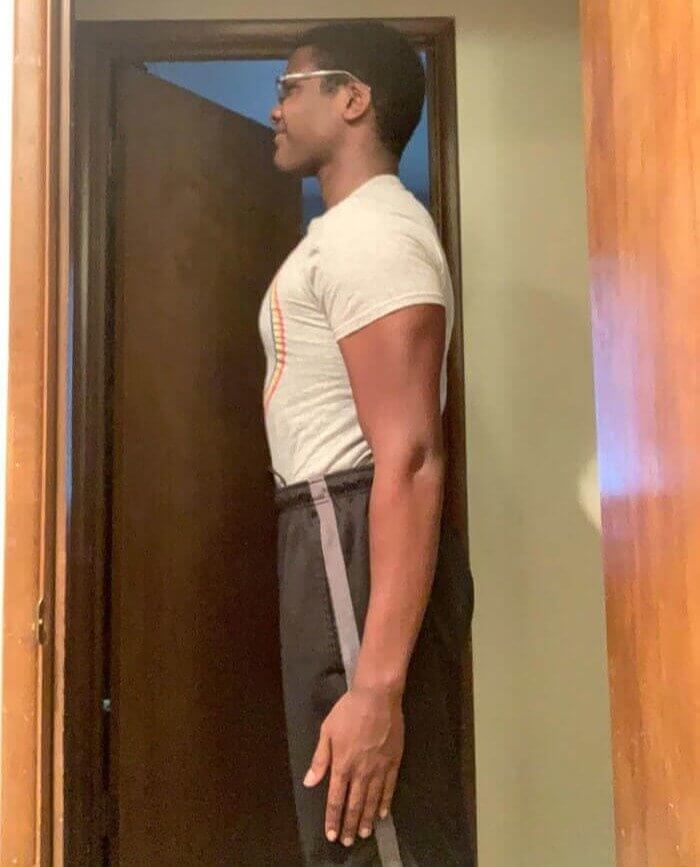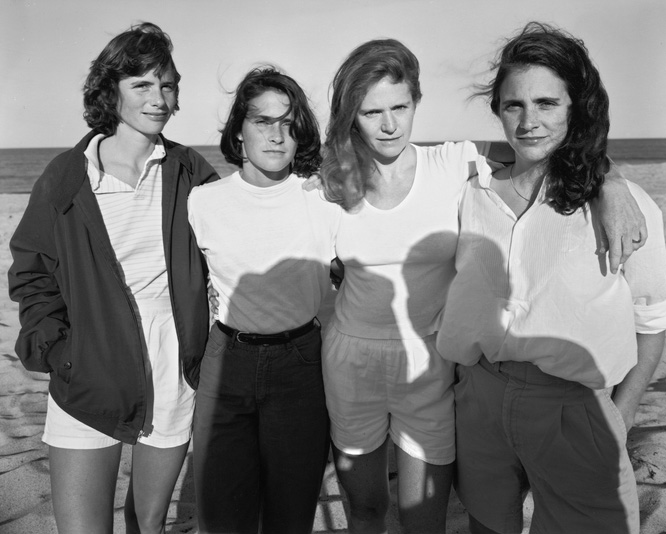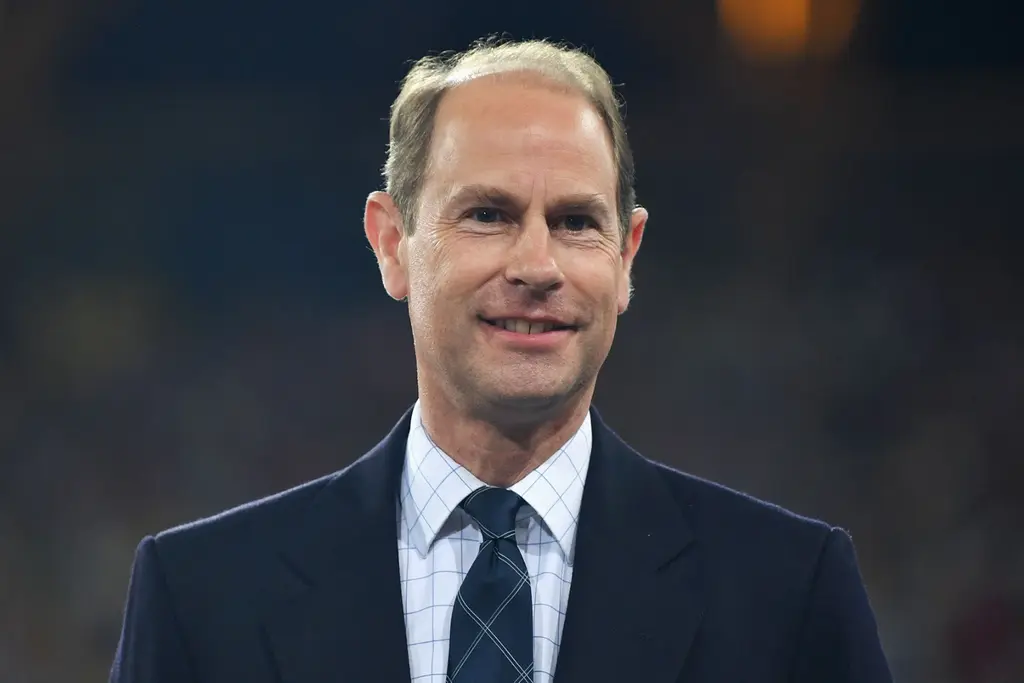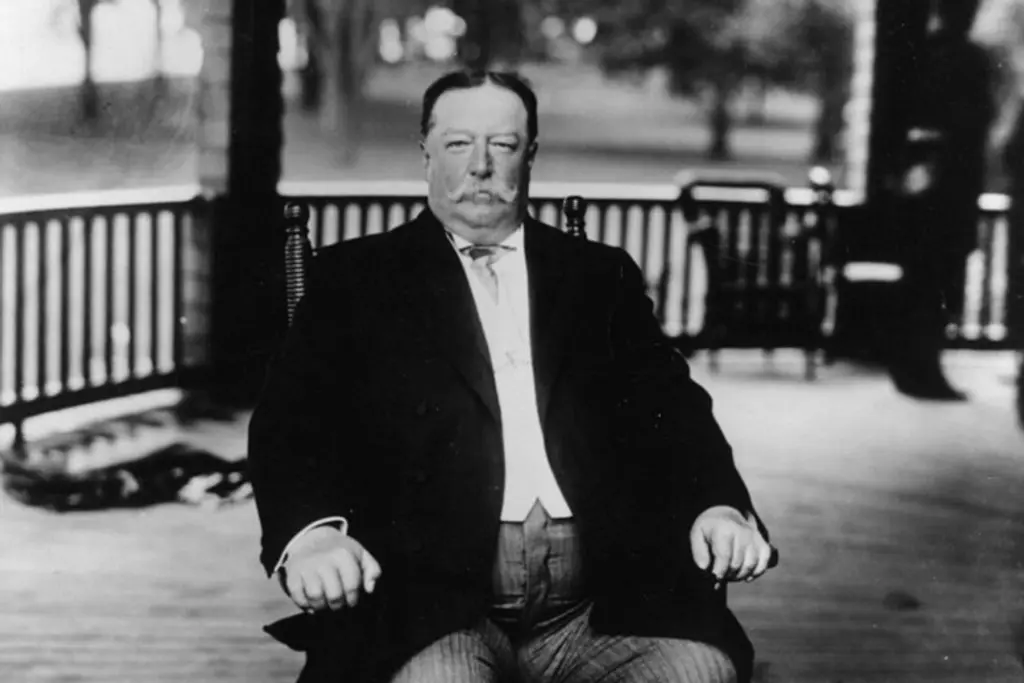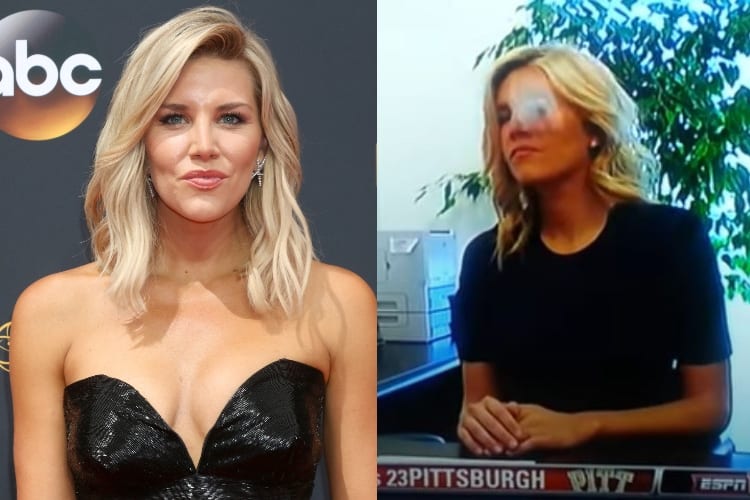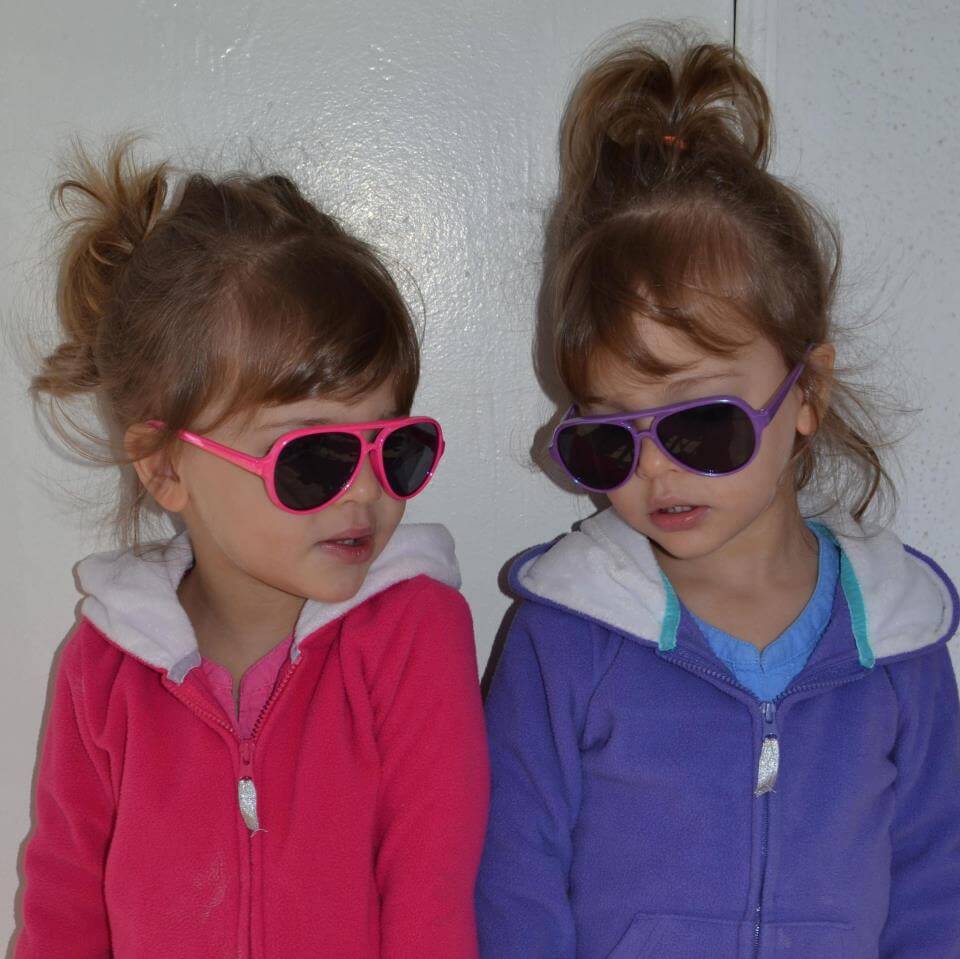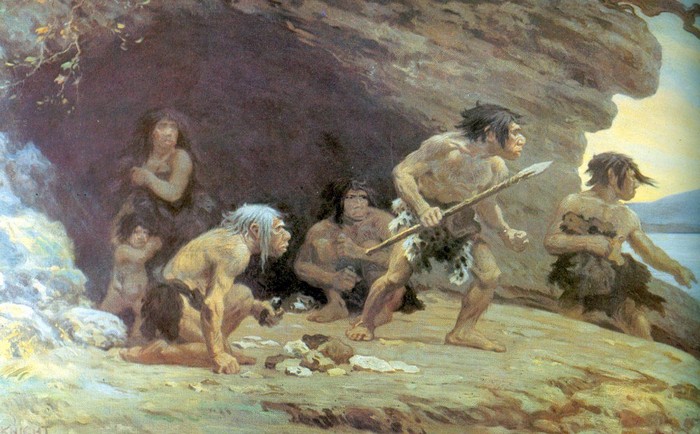The 15 worst pop hits from the last 22 years

In the last week of 2021, Macklemore & Ryan Lewis dropped their first new single in five years, and it was, unsurprisingly, greeted with universal silence, as the Grammy-winning rap duo’s credibility had cratered since their peak popularity. Yet the mere announcement of that song reminded us of their last actual hit, 2015’s “Downtown”, which went to #12 on the U.S. charts but had zero cultural impact. That got us thinking: now that we’re in the year 2022, what have been the worst pop hits of the new millennium?
We poured through some of the worst music you’ve ever heard to come up with this list, but a few criteria soon became obvious: it had to actually chart in some fashion (so congratulations, CeeLo Green’s “Robin Williams”, as you avoid this list entirely), and, ideally, was not a one-hit-wonder situation (thus ensuring the Shop Boyz’s 2007 ear-scraper “Party Like a Rock Star” got the chop). This list didn’t have to be year-by-year, so some years might have more duds than others (apologies to 2017). It was a tight narrowing process (BTS’ painfully cloying “Permission to Dance” barely missed the cut), but the decisions have been made: here are the 22 worst pop hits of the past 22 years.
Ricky Martin — “She Bangs” (2000)

Rick Martin’s 1999 Grammy Awards performance of “La Copa de la Vida” / “The Cup of Life” was as grand a star-making moment as they come, but it was the blockbuster single “Livin’ la Vida Loca” that defined his career, as well as ushering in the entire Latin pop craze of the early 2000s. Ricky Martin had other goofball singles off of his English-language self-titled record (think “Shake Your Bon-Bon”), but “Livin’ La Vida Loca” is what he was known for, so the lead single for his second album “Sound Loaded” was a rehash of that. “She Bangs”, however, has only gotten even more cringe in the years that followed, aging like terrible cheese. Martin had no hand in writing the track, and in the years since Martin has come out of the closet, he may take issue with singing wildly derogatory lines like “She looks like a flower / But she stings like a bee / Like every girl in history.” He may have felt it was the right move at the time, but two decades later, it’s one of the most unfortunate tracks in his entire discography.
Madonna — “American Pie” (2000)

Following Madonna’s groundbreaking 1998 album “Ray of Light”, it made sense she’d continue working with dance producer William Orbit, and following the “Ray of Light” promo cycle, she dropped two soundtrack cuts she had worked on with her then-current muse. For “Austin Powers: The Spy Who Shagged Me”, she unleashed the original song “Beautiful Stranger”, which is genuinely one of her all-time greatest (and still somehow underrated) singles. For her 2000 star vehicle with Rupert Everett, “The Next Best Thing”, she, unfortunately, decided to drop her synthpop remake of Don McLean’s “American Pie” as the soundtrack’s lead feeler. It went #1 in several countries (and topped out at #29 on the U.S. charts), but it was rightly lambasted as being one of the worst covers ever conceived in the history of music.
The problem from the get-go was authenticity. The story of watching the American dream fade away is not best buoyed by shiny techno keyboards, and Madonna singing about how she “drove my Chevy to the levee but the levee was dry” reeks of tourism because we believe McLean when he sings it but don’t when Madonna dryly intones it. It felt gimmicky because that’s exactly what it was. As with any controversy in her career, Madonna sustained and kept moving on, but it still stands as arguably her worst standalone track.
Limp Bizkit — “Behind Blue Eyes” (2003)

On the surface, Limp Bizkit’s “Behind Blue Eyes” isn’t bad so much as it is misguided. The rap-rockers have done successful covers before: their 1998 take on George Michael’s “Faith” was a ridiculous recontextualization that made sense against all odds, largely due to the band’s wink-nudge sense of humor about it. Yet The Who’s “Behind Blue Eyes” is a dramatic, vulnerable song, which assuredly didn’t play into frontman Fred Durst’s strengths as a vocalist. The band’s cover is pretty straightforward, and Durst gives an ample but bland vocal take. It would be written off as forgettable in any other context, but what really destroyed everyone’s listening experience was the bridge. Having a Speak & Spell actually spell out the word “L-I-M-P” slowly followed by the word “discover” was as inexplicable a choice as they come and makes for a jarring listen. It adds nothing to the song outside of some cheap, obnoxious branding, and we as a culture are off worse for having heard it looped four times. Despite the track’s near-universal hatred, it remains to this day Limp Bizkit’s last track to chart on the Billboard Hot 100. With any luck, it’ll stay that way.
Eminem — “Just Lose It” (2004)

By the time we got to Eminem’s fourth studio full-length, his albums had followed a certain release formula, in which the lead single would always be a jokey comedy-rap song. His debut had “My Name Is”, “The Marshall Mathers LP” had “The Real Slim Shady”, and “The Eminem Show” had his best one to date, “Without Me”. Yet for 2004’s “Encore”, his lead single was one of the most head-scratching, unfunny, and unfortunate songs he ever released: “Just Lose It”. Over the laziest beat, he and Dr. Dre ever put together, “Just Lose It” is a mishmash of terrible ideas: Peewee Herman voices, obvious fart jokes, an unhealthy obsession with Michael Jackson’s child molestation accusations, and multiple instances of gay panic, all crammed into a cheap knockoff of a D12 single. While 2009’s repugnant “We Made You” was a close runner-up for this slot, “Just Lose It” still manages to sound worse with each passing listen. “Just Lose It” is, at the very least, aptly titled, as this feels like the exact point at which Eminem lost the plot.
JC Chasez — “Some Girls (Dance With Women)” (2004)

Right as Justin Timberlake was finding success with his solo singles in 2002, *NSYNC’s other lead vocalist JC Chasez was as well, as his propulsive “Blowin’ Me Up (With Her Love)” from the “Drumline” soundtrack managed to enter the Top 40. So for his 2004 debut album, Chasez decided to turn up his grown-up loverman persona on his lead single “Some Girls (Dance With Women)”. Unfortunately, “Some Girls” is a creepy, misogynistic number that reads more psychotic than it does romantic (“The game is legal / You don’t have to kill ’em though”). That wheezing synth on the pre-chorus can charitably be described as “a choice,” but the song’s real issue is in the refrains, in which Chasez posits that “Some girls dance with women / Knowing that it gets them attention / I wanna get in with them / So pass me a drink and let’s roll.” It’s a deeply unfortunate song whether you’re listening to the remix with Ol’ Dirty Bāstard (then going by Dirt McGirt) or not.
What’s even more unfortunate? Chasez’s record “Schizophrenic” wasn’t half-bad, featuring collaborations with innovative dance duo Basement Jaxx and sported a goofy ’80s synthpop number called “All Day Long I Dream About Sex”, which had all the swagger that “Some Girls” was missing. Chasez pivoted to reality TV judging after this, and we can’t blame him: no one wants to be known as the guy who sang “Some Girls (Dance With Women)”.
Gwen Stefani — “Wind It Up” (2006)

Gwen Stefani’s 2004 solo debut “Love. Angel. Music. Baby.” was an unconventional blockbuster, as its rock lead single “What You Waiting For?” stalled in the U.S., but each subsequent hit became a sizable chart entry all its own, including her era-defining solo chart-topper “Hollaback Girl”. In fact, that album’s second single was “Rich Girl”, a pop song that amazingly incorporated the “Fiddler on the Roof” classic “If I Were A Rich Man” to bopping effect. Figuring she’d try to capture lightning in a bottle a second time, she worked with The Neptunes on “Wind It Up”, the ŴTF preview of her second full-length.
This time interpolating “The Lonely Goatherd” from “The Sound of Music” over dry horse-clop percussion and one of the worst pre-chorus bass synths we’ve ever heard in our lives, “Wind It Up” makes a lot of noise without saying much of anything at all. It’s kind of about partying and being original but also is a lame exercise in branding (she explicitly shouts out her clothing line in the first verse). All of this is done over canned horn blares, between-verse mumbling, and oh so much yodeling. While some may try and write this off as Stefani being her quirky self, this anti-party number only hit the Top Ten due to anticipation for the No Doubt singer’s second solo offering. Just like her debut album, it was the songs that followed that helped define her era (like “The Sweet Escape” featuring Akon), as this blithering exercise in bling felt pawnshop ready.
R. Kelly & Usher — “Same Girl” (2007)

While R. Kelly is now rightly recognized as the monster that he is, it’s easy to forget that in the early 2000s, he remained insanely popular, delivering a string of chart-topping albums up until 2007 and collaborating with everyone from Jay-Z to Celine Dion. The last of those #1 records, 2007’s “Double Up”, featured what ended up being the last legitimate hits of his career, in the form of “I’m a Flirt” and one of the stupidest concepts ever conceived for a pop song: “Same Girl” featuring Usher. In the song, a casual chat between Usher and “Kells” sees them discussing a woman whom Kelly likes but, throughout the conversation, they soon realize is the same person. (“Went to Georgia Tech?” “Yep.” / “Works for TBS?” “Yep.”). They worry that this “potential wife” is the same girl playing both of them, and the song ends with them hatching a plot to meet up with her and both of them showing up to bust her scheme wide open.
It’s an unfortunate amount of narrative for a song whose thesis is “women are deceptive.” Even worse is that the song by itself differs from the music video, wherein they show up at a restaurant to trick her only to find out that they’ve been seeing identical twins (who, apparently, both went to Georgia Tech and both work at TBS). It adds a more light-hearted end to the narrative than if you’re listening to the song by itself, but really, who actually cares? Outside of a since-pulled duet with Lady Gaga, “Same Girl” was the last time Kelly was in the Top 40, and no one has missed him since.
U2 — “Get On Your Boots” (2009)

U2 is a “legacy band,” as in a critical and commercial warhorse in the ’80s and ’90s who, in the eyes of some critics, can do no wrong. Yet in 2009, music journalism was going through a drastic change, as aging print media was losing ground to younger online publications, which means that aging print media’s writers (who are largely white men) were no longer the gatekeepers of long-held music narratives, as online publications were employing young, queer, non-white writers to recontextualize the entirety of rock history. The split between these two realms was no more apparent than on U2’s 12th studio album “No Line on the Horizon”, wherein print media loved it (“Rolling Stone” and “Q” magazine gave it perfect scores), but online publications (Pitchfork, PopMatters) ripped it as for being the tired slice of melodrama that it is. “Get On Your Boots” was the record’s lead single that everyone has already forgotten about (and, per drummer Larry Mullen Jr., releasing it as the single was “the beginning of the end; we never recovered from it”). It blares out hackneyed rock riffs, a big “let me in the sound” bridge that goes nowhere, and lyrics that alternate between telling someone to get on their “sexy boots” and some of the worst Bono-isms we’ve ever heard (“Here’s where we gotta be / Love and community / Laughter is eternity / If joy is real”). As is the case with most of the songs on this list, it won’t surprise you to learn that this is the last song U2 managed to sneak into the Top 40, a feat they haven’t managed since.
Black Eyed Peas — “The Time (Dirty Bit)” (2010)

Ever since the Black Eyed Peas converted themselves from a legitimate hip-hop trio into a quartet of Top 40 hitmakers in 2003, they have rarely looked back, happy to coast on giddy multi-platinum pop success. Following 2005’s “Monkey Business”, singer Fergie became a bona fide solo star (with thanks to her bandmate and producer will.i.am), so BEP’s 2009’s “The E.N.D.” felt like a superstar event, giving us annoying-yet-catchy tracks like “Boom Boom Pow” and “I Gotta Feeling” along with surprising pop nuance during numbers like “Meet Me Halfway”. Thus, a new Black Eyed Peas album, released shortly before their 2011 Super Bowl Halftime Show performance, was going to be a pop blockbuster no matter what. So for their lead single to “The Beginning”, they … decided to update the signature song from “Dirty Dancing”?
Yep, the chorus to this soft-club number “The Time (Dirty Bit)” is just “(I’ve Had) The Time of My Life” all over again, garnished with verses that sound like a lame game of disco Tetris. As is the case with all of will.i.am’s Top 40 lyrics, he mistakes generic sentiment for universal appeal, leading to lines that evaporate the second you hear them (and where’s Taboo on this track anyway?). Ultimately, sales of “The Beginning” were just a fraction of its predecessor’s numbers, which led to the group pivoting back to old-school hip-hop (which was not successful) and then later to a series of Latin collaborations, which have been well-received commercially but a shadow of their previous chart-topping highs. Their “Time” really might be up.
Lil Wayne & Nicki Minaj — “Knockout” (2010)

As InfoMania’s Sergio Cilli once noted , it all started so innocently. Lil Wayne, at the peak of his powers, started integrating guitar solos into his rap songs, most famously on his 2008 chart-topper “Lollipop”. It makes sense: after rapping for over a decade, he wanted to try something new, expand his boundaries, and perhaps venture into rock music. Unfortunately, this led to his deeply misguided rock-rap release “Rebirth”, which is as unlistenable a record as they come. By not having a Travis Barker or other scene veteran on board to give the project guidance and authenticity, this is just Lil Wayne blasting his voice through a million filters and hoping the chugging guitars do the rest of the work. On “Knockout”, it’s especially egregious. His voice stretches, cracks, and aches over a sub-SR-71 guitar riff, the Autotune alone having more time on the track than his actual voice does. His already-uninteresting lyrics get swallowed up by the production, and even an in-her-prime Nicki Minaj knows better than to give it her all, offering up one of her lesser verses in an era full of great ones (“Give ’em more head than toupees / That’s the knockout”). Somehow not learning his lesson, Wayne attempted a co-headlining tour with Blink-182 in 2019 and frequently complained about the small crowd sizes. We admire artists wanting to stretch beyond their boundaries, but when it came to Lil Wayne vs. rock music, it was a real “Knockout”.
will.i.am featuring Jennifer Lopez & Mick Jagger — “T.H.E. (The Hardest Ever)” (2011)

After turning the Black Eyed Peas into an unstoppable hitmaking machine and producing popular singles for other artists, it’s understandable that will.i.am would call in some favors for his new solo record. Yet “T.H.E. (The Hardest Ever)” is the “The Room” of pop singles, with will.i.am filling in for Tommy Wiseau. He thinks his lyrics about being “the hardest ever” hit powerfully, but too much time in BEP world has left him soft, coming up with banal punchlines like how he’s “hard like a m———in’ bōner” and how “I get stacks of cash / You get cashews.” Jennifer Lopez is wasted as the song’s hook siren, and when the bridge starts ramping up to propulsive dance break (see: bass synths that sound like farts), in comes Mick Jagger for absolutely no reason, talking about how he’s “Hard like geometry / And trigonometry,” making for an awkward finish to a song so bad it can only be described as hilarious. Tommy Wiseau would be proud.
Cher Lloyd — “Swagger Jagger” (2011)

After placing fourth in the 2010 edition of the U.K.’s popular “The X Factor” competition show, it didn’t take long for Cher Lloyd to come up with her debut album, dropping the lead single “Swagger Jagger” the following summer and scoring an instant U.K. #1. It was also her last song to be in the chart penthouse because while she scored a few more hits, “Swagger Jagger” was so universally hated that it rendered her brand toxic. A bloated, loud, and annoying synth-dance jam about dismissing your haters (because they don’t have her patented “Swagger Jagger”), this instantly-dated remnant of the early EDM-pop crossover era features little in the way of innovation, flair, or even a sense of dumb fun. With a chorus that nicks the melody line to “Oh My Darling, Clementine” of all things, no less than eight songwriters are credited on this monstrosity, a warning flare of a song that taught a generation of listeners how not to do dance-pop. As Lloyd’s lack of success in the following years proved, this lesson was not learned.
Hot Chelle Rae — “Tonight, Tonight” (2011)

Resorting to using “la la la” as part of your hook is often a sign of lazy songwriting, but in the right hands, it can make for an effective refrain (if you need a good example in the last 22 years of pop music, Naughty Boy’s 2013 smash “La La La” with Sam Smith pulled this off extremely well). Yet Nashville’s own Hot Chelle Ray are not known as brilliant songwriters, and these days are hardly known at all. Yet for a brief, shining moment, they were truly partying “on the rooftop-top of the world” with “Tonight, Tonight”, a song that somehow was not a cover of the iconic Smashing Pumpkins classic of the same name. Singer Ryan Follesé aims to have a song that’s all hook with maybe some verses and gets in the “millennial whoa” as well as saying “alright, alright, tonight, tonight” ad nauseam. It’s an earworm, but a volatile one: the entire second verse is done before the song hits the one-minute mark, leaving the next two-and-a-half minutes to be chorus, post-chorus, and endless vamping. When he keeps asking people to sing along and adlibs “even the white kids!” he fails to recognize that he’s preaching to the choir, having just performed one of the most annoying songs ever penned. We’ll take “Disco Duck” over this schlock.
Macklemore & Ryan Lewis — “Downtown” (2015)

It may seem like a cultural misnomer now, but when Macklemore & Ryan Lewis were breaking through in 2012, they did so on a massive scale, going over 20 times platinum off the strength of four unmissable singles, the biggest of the two being “Can’t Hold Us” and “Thrift Shop”. Following some controversial Grammy wins and many think-pieces about the group’s cultural significance, reverence, and appeal, they were ready to come back in a big way and did so in 2015 with … a song about buying a moped. Described by The Stranger’s Larry Mizell Jr. as a song with “too many tabs open,” “Downtown” is a pop song that throws every single idea at the wall in hopes that something will work. A piano-based hip-hop track about going to a moped dealership and investigating mopeds and then buying a moped? OK, sure. A rap throwdown with legendary MCs Grandmaster Caz, Kool Moe Dee & Melle Mel (spitting verses about mopeds)? That’s happening. A rousing romantic chorus about running the streets with your girl as sung by Foxy Shazam’s Eric Nally? Sorry, but it’s already too much. While the song is brimming with good intentions, it failed to repeat the success of their previous releases and ended up having zero cultural impact. Maybe it did well enough for Macklemore to buy a moped, though.
Lukas Graham — “7 Years” (2015)

In case you didn’t know, Lukas Graham is not just one guy: it’s a band that just so happens to be fronted by a guy named Lukas Forchhammer. The group are regular chart-toppers in their native Denmark, dabbling in light soul-pop and piano ballads that can best be described as “overly melodramatic.” There’s nothing wrong with an earnest sad song now and then, but few are as needlessly saccharine as Lukas Graham’s “7 Years”. Telling the story of Forchhammer’s life at various ages before imagining what his future will be (including when he made a guy happy because he “wrote a letter once”), this endlessly looping sad piano number elicits the kind heart-tugging sap that only a theater kid could pull off, drowning in his own hero story while getting way too into his own dramatic crescendo at the end (saying the phrase “will I” like a cheap Michael Jackson imitator). While the song was a megahit, its deeply uninteresting musical structure and wallowing lyrics make it feel like a remnant of a more sentimental era. Forchhammer’s group landed a few more hits since then, but even his recent collaborations with rappers like G-Eazy and Wiz Khalifa couldn’t even hit the Top 10 in his homeland, meaning maybe he’s done singing his songs and telling them stories.

